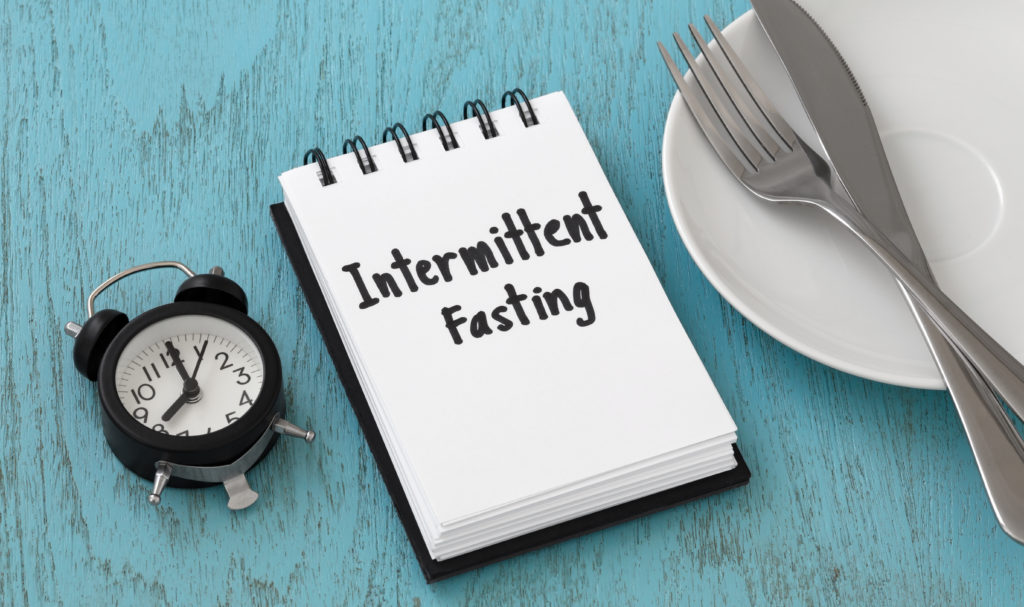Intermittent fasting is a popular trend in the health and fitness industry. It involves restricting food intake for a certain period, followed by a period of eating normally. The idea behind intermittent fasting is that by restricting the time period during which you eat, you can help your body burn fat more efficiently and lose weight. However, is intermittent fasting a safe and effective weight loss method?
The Benefits of Intermittent Fasting
Intermittent fasting can have a number of benefits for weight loss and overall health. Here are some of the key benefits of intermittent fasting:
- Weight Loss: Intermittent fasting can help you lose weight by reducing calorie intake and increasing fat burning. Studies have shown that intermittent fasting can lead to significant weight loss, particularly when combined with exercise.
- Improved Insulin Sensitivity: Intermittent fasting has been shown to improve insulin sensitivity, which can help prevent type 2 diabetes and other metabolic disorders.
- Reduced Inflammation: Intermittent fasting has been linked to a reduction in inflammation, which is associated with a variety of health problems, including obesity, heart disease, and cancer.
- Improved Brain Function: Intermittent fasting has been shown to improve brain function, including memory and concentration. It may also help protect against age-related cognitive decline.
- Longevity: Intermittent fasting has been linked to increased lifespan in animal studies. While more research is needed to determine if the same benefits apply to humans, some studies have shown that intermittent fasting can improve overall health and reduce the risk of age-related diseases.

The Risks of Intermittent Fasting
While intermittent fasting can have many benefits, it also comes with some risks. Here are some of the key risks associated with intermittent fasting:
- Hunger and Cravings: Restricting food intake can lead to hunger and cravings, which can make it difficult to stick to an intermittent fasting schedule.
- Low Blood Sugar: Intermittent fasting can cause low blood sugar, particularly in people with diabetes or other blood sugar disorders.
- Nutrient Deficiencies: Intermittent fasting can make it difficult to get all the nutrients your body needs, particularly if you’re not careful about what you eat during your eating window.
- Dehydration: Fasting can lead to dehydration, particularly if you’re not drinking enough water during your fasting period.
- Disordered Eating: For some people, intermittent fasting can lead to disordered eating patterns and an unhealthy relationship with food.
How to Safely Incorporate Intermittent Fasting into Your Diet
If you’re interested in trying intermittent fasting, it’s important to do so safely. Here are some tips for safely incorporating intermittent fasting into your diet:
- Start Slow: Start with a shorter fasting period, such as 12-14 hours, and gradually work your way up to longer fasting periods.
- Stay Hydrated: Drink plenty of water during your fasting period to avoid dehydration.
- Eat Nutrient-Dense Foods: During your eating window, focus on eating nutrient-dense foods that will provide your body with the nutrients it needs.
- Listen to Your Body: If you feel unwell or are experiencing severe hunger or cravings, it’s important to listen to your body and stop fasting.
- Talk to Your Doctor: If you have any underlying health conditions or are taking any medications, it’s important to talk to your doctor before starting an intermittent fasting regimen.
Intermittent fasting can be an effective weight loss method with a number of health benefits. However, it’s important to approach it safely and listen to your body. If you’re interested in trying intermittent fasting, start with a shorter fasting period and gradually work your way up. Stay hydrated, eat nutrient-dense foods during your eating window, and talk to your doctor if you have any concerns. With the right approach, intermittent fasting can be a safe and effective way to achieve your weight loss and health goals.

